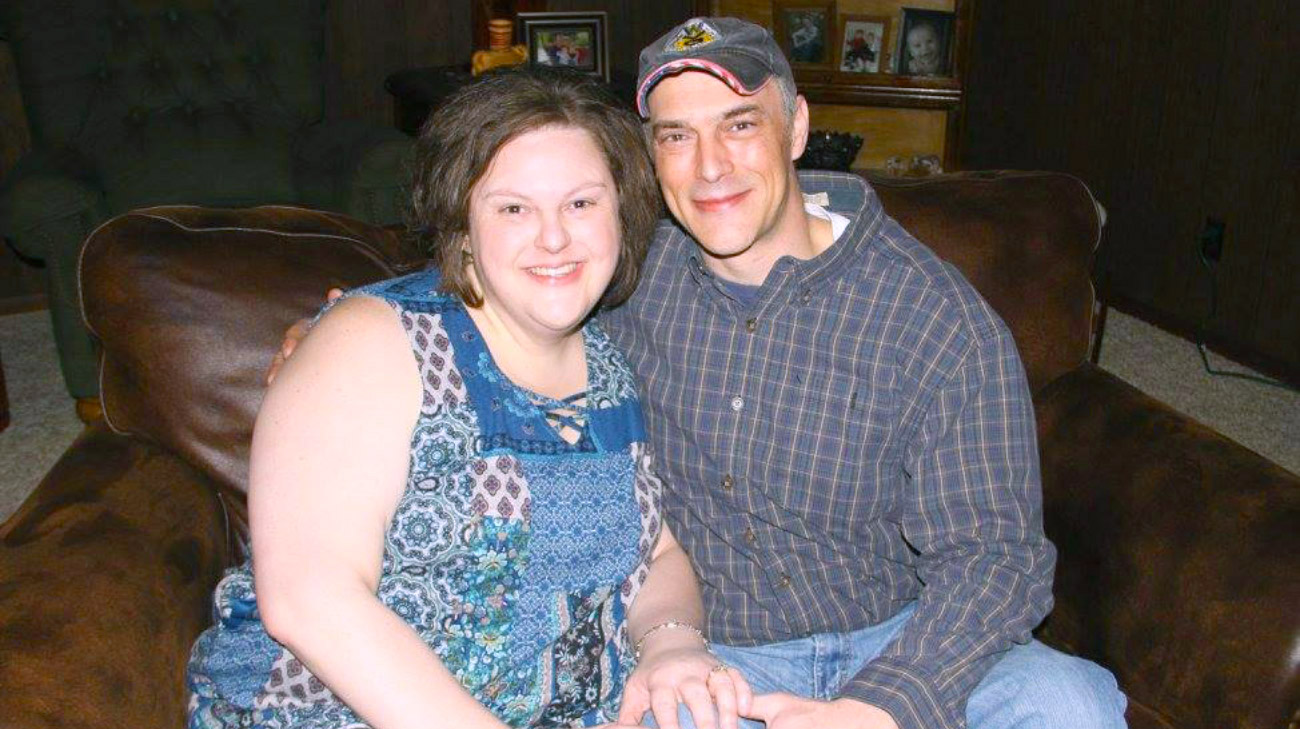
Jen Price of Jackson, Michigan, has always been a good sleeper. Almost too good.
As a teen, she could get a full night’s rest, get up briefly, and then fall sound asleep again. In her 20s, she began falling asleep while driving, veering off the road. She fell asleep at work while standing up, conducting group therapy as a licensed social worker.
Diagnosed with narcolepsy, Jen began taking medications to regulate her sleep and wake schedule. But they haven’t always worked due to how her body metabolizes them.
Now in her 30s, Jen could sleep all the time. Literally.
“There are days that I sleep 18 to 20 hours,” she says. “It’s gotten progressively worse. I can’t work. The medicine keeps me functioning for maybe four hours at a time.”
She reserves her medicine for days she has medical or other appointments. If there’s a little time left over, she might sneak in a trip to the store. Just being out of the house is a treat, she says.
“My husband is my angel,” says Jen. “He’s been so supportive and does everything for us. If I’m out of the house and feel my medicine wearing off, he’s adamant about coming to get me.”
After 12 sleep studies and countless visits to multiple neurologists, Jen was disheartened. Taking more medication was her best hope.
“She knows the brain better than anybody else, as far as I’m concerned. She understands how I’m stuck with these medications and continues to help me search every avenue, including endocrinology and functional medicine.”
Desperate, she took to the internet and found an expert, Nancy Foldvary-Schaefer, DO, MS, Director of the Sleep Disorders Center at Cleveland Clinic. Impressed by the neurologist’s sleep disorders research, Jen and her husband traveled to Cleveland Clinic in 2015.
“She knows the brain better than anybody else, as far as I’m concerned,” says Jen. “She understands how I’m stuck with these medications and continues to help me search every avenue, including endocrinology and functional medicine.”
Although Jen lives more than four hours away from Dr. Foldvary-Schaefer’s office, she sees her every three months using virtual visits. Before each scheduled appointment, Jen receives an email with a link. She clicks the link to talk with Dr. Foldvary-Schaefer through the camera and speaker on her laptop.
“I have a clinic once a month filled with virtual patients,” says Dr. Foldvary-Schaefer, who has been offering virtual visits for two years. “We’re ramping up services to people like Jen who need to be seen relatively frequently for medication adjustments and refills.”
It’s much more convenient and cost effective for patients who need routine care, she adds —especially for those not in Northeast Ohio.
Related Institutes: Neurological Institute

